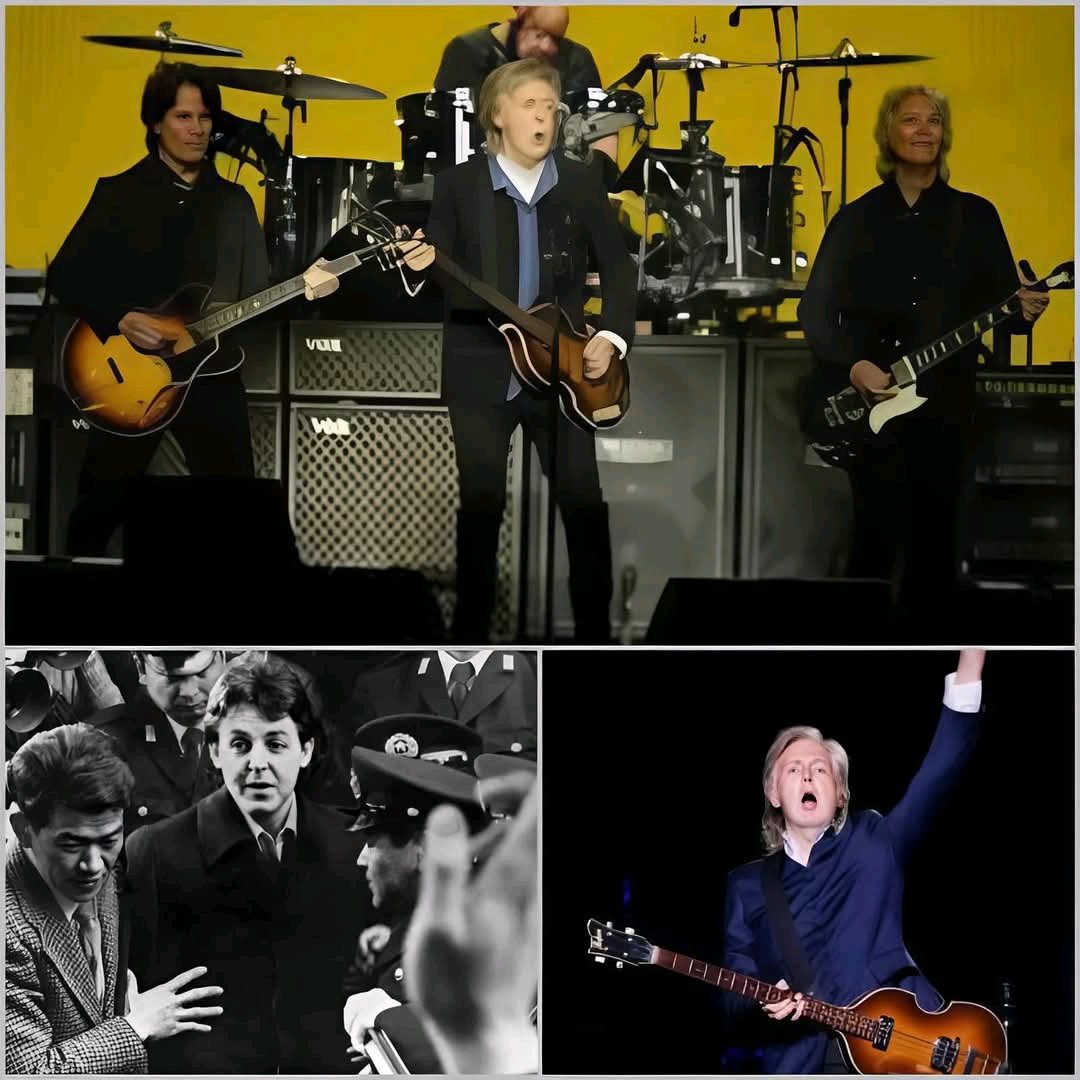
BREAKING: Paul McCartney Exposed – Charity Hero or Master Manipulator of His Own Image?
For more than half a century, Sir Paul McCartney has been celebrated as the “gentle Beatle.” To many, he embodies compassion, humility, and kindness. From his tireless advocacy for animal rights and vegetarianism to his visible presence in humanitarian causes, McCartney has cultivated a reputation as both an artist and a philanthropist. Yet, new debates are surfacing—challenging whether this image is the reflection of genuine selflessness or the product of one of the most carefully engineered public relations strategies in music history.
McCartney’s history of activism is well-documented. Alongside his late wife, Linda McCartney, he became one of the most prominent celebrity voices against animal cruelty. Their joint push for vegetarianism inspired countless fans to rethink their diets, while McCartney’s continued involvement with organizations like PETA has kept his name synonymous with advocacy. Add to this his high-profile charity concerts for causes ranging from famine relief to disaster recovery, and the picture of a charitable hero seems undeniable.
But critics are beginning to raise questions. Was McCartney’s dedication to these causes entirely altruistic, or has it been part of a long-running campaign to maintain his saintly public image? Some industry insiders point out that McCartney has always been exceptionally conscious of how he is perceived. From the early Beatles days, when he carefully positioned himself as the “cute” and approachable member of the band, to his later solo career where philanthropy became central to his identity, McCartney has been known for shaping narratives that keep him in favorable public light.
Skeptics argue that McCartney’s charitable endeavors have at times coincided with moments when his career or reputation needed a boost. For instance, after criticism of some post-Beatles projects or negative press during the turbulent years of his feud with John Lennon, McCartney often re-emerged in the headlines as a champion of good causes. This pattern, they suggest, points to a strategic intertwining of reputation management with philanthropy.
Others, however, fiercely defend him. Supporters insist that regardless of any secondary benefits to his image, McCartney’s contributions have undeniably made a difference. They point to the millions raised through his performances, the cultural shift toward plant-based living that he helped pioneer, and his consistent voice for peace in times of global tension. In their view, it is unfair to dismiss genuine good simply because it also happens to polish a star’s reputation.
The debate is not unique to McCartney. Many celebrities walk the fine line between authentic charity and brand management, and the public often struggles to separate one from the other. What makes McCartney’s case so striking is his near-mythic status. As one of the most famous musicians alive, every action he takes carries enormous symbolic weight—and every charitable gesture is amplified a thousandfold.
So, is Paul McCartney a true hero of compassion or a master manipulator of his own image? The answer may lie somewhere in between. What is certain is that his legacy continues to spark conversation—not just about his music, but about the complex intersection of fame, morality, and public perception.
At 83, McCartney remains an icon, still filling arenas and headlines. Whether his philanthropy springs from pure compassion or strategic calculation, one fact is undeniable: his influence has shaped both popular culture and humanitarian discourse in ways few others ever could.





